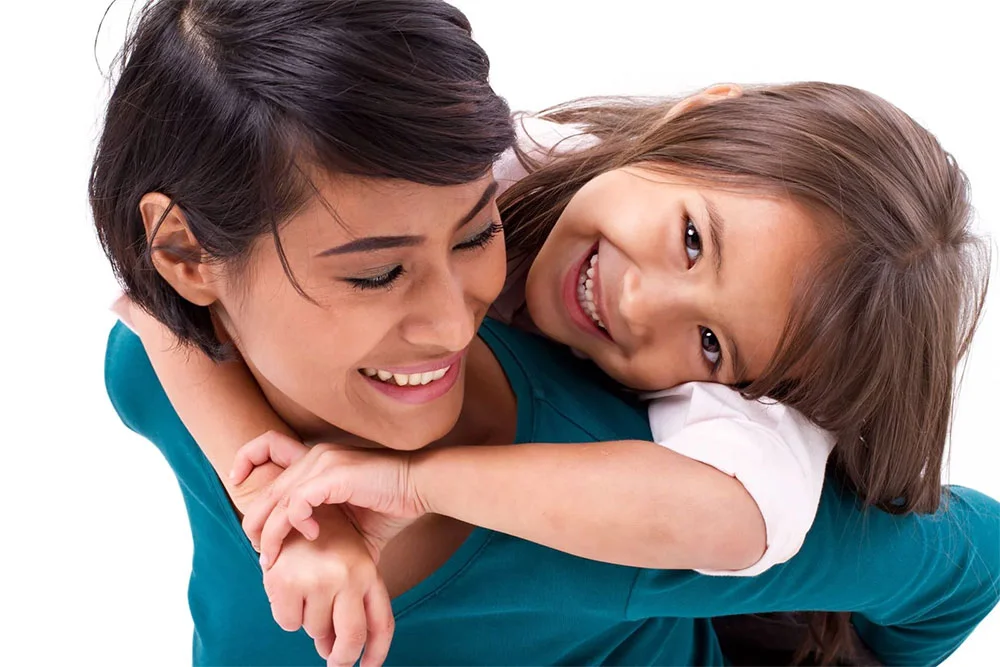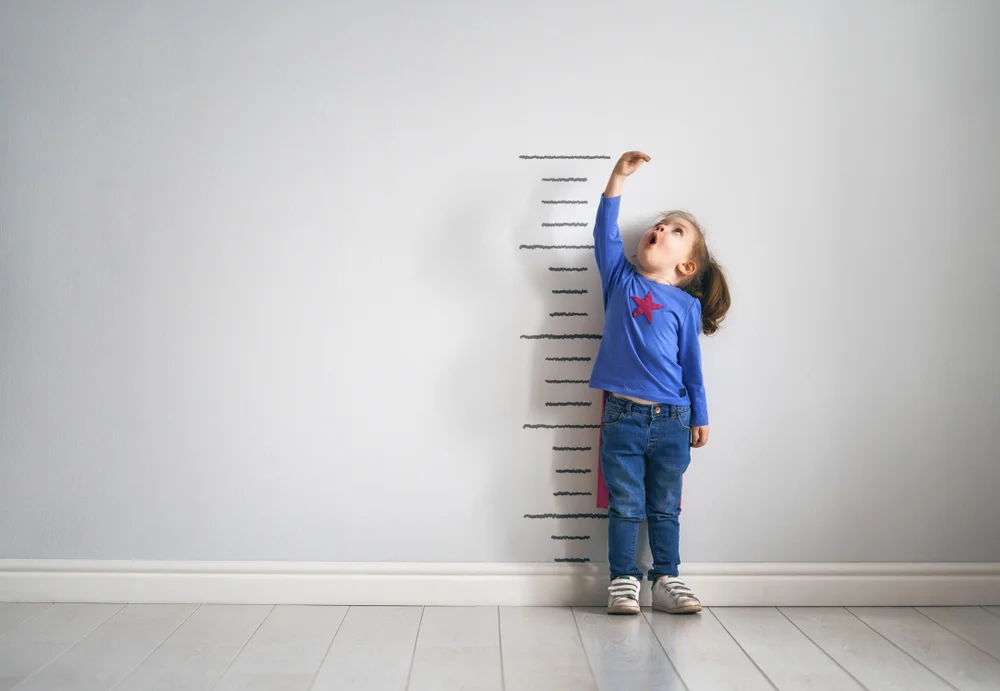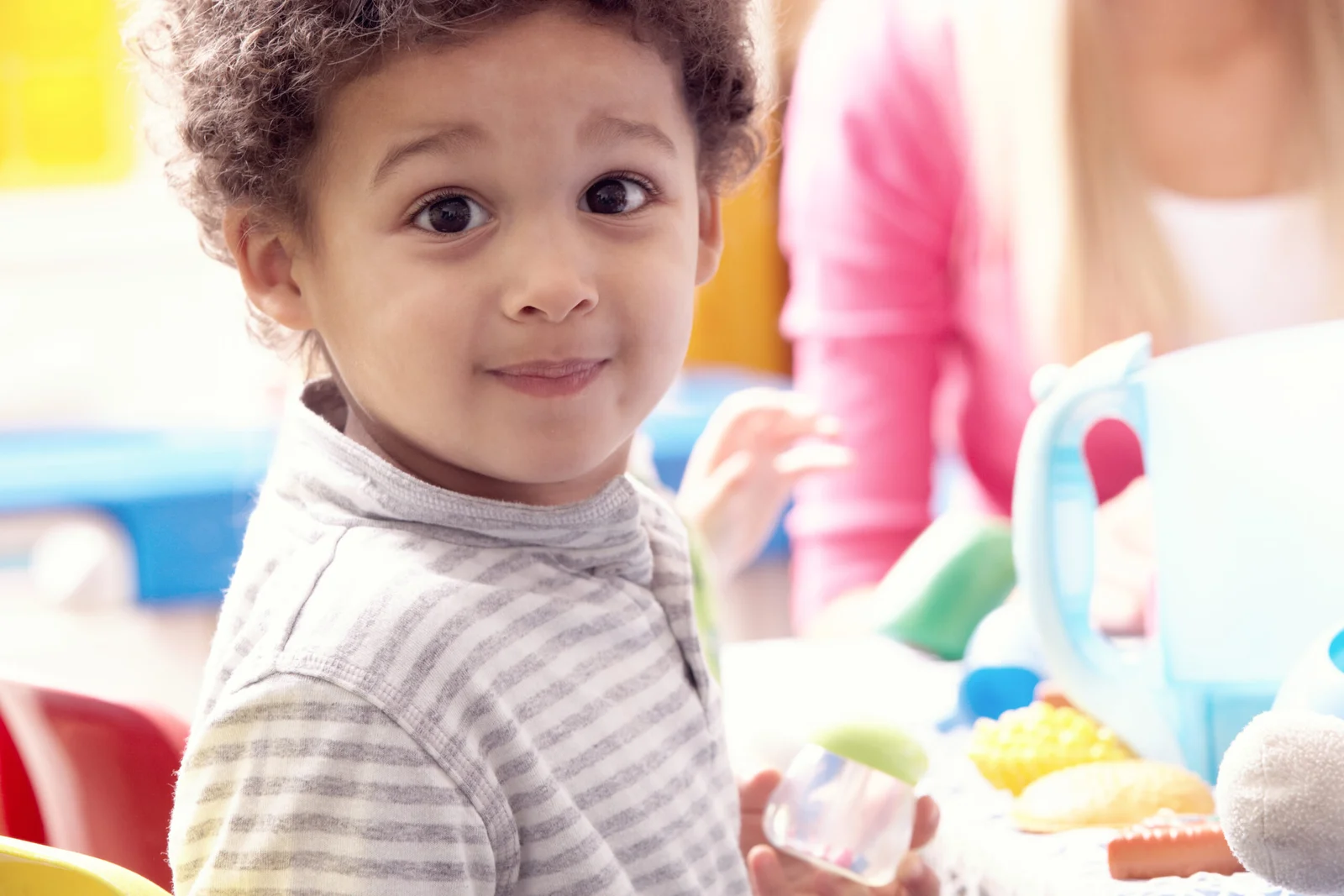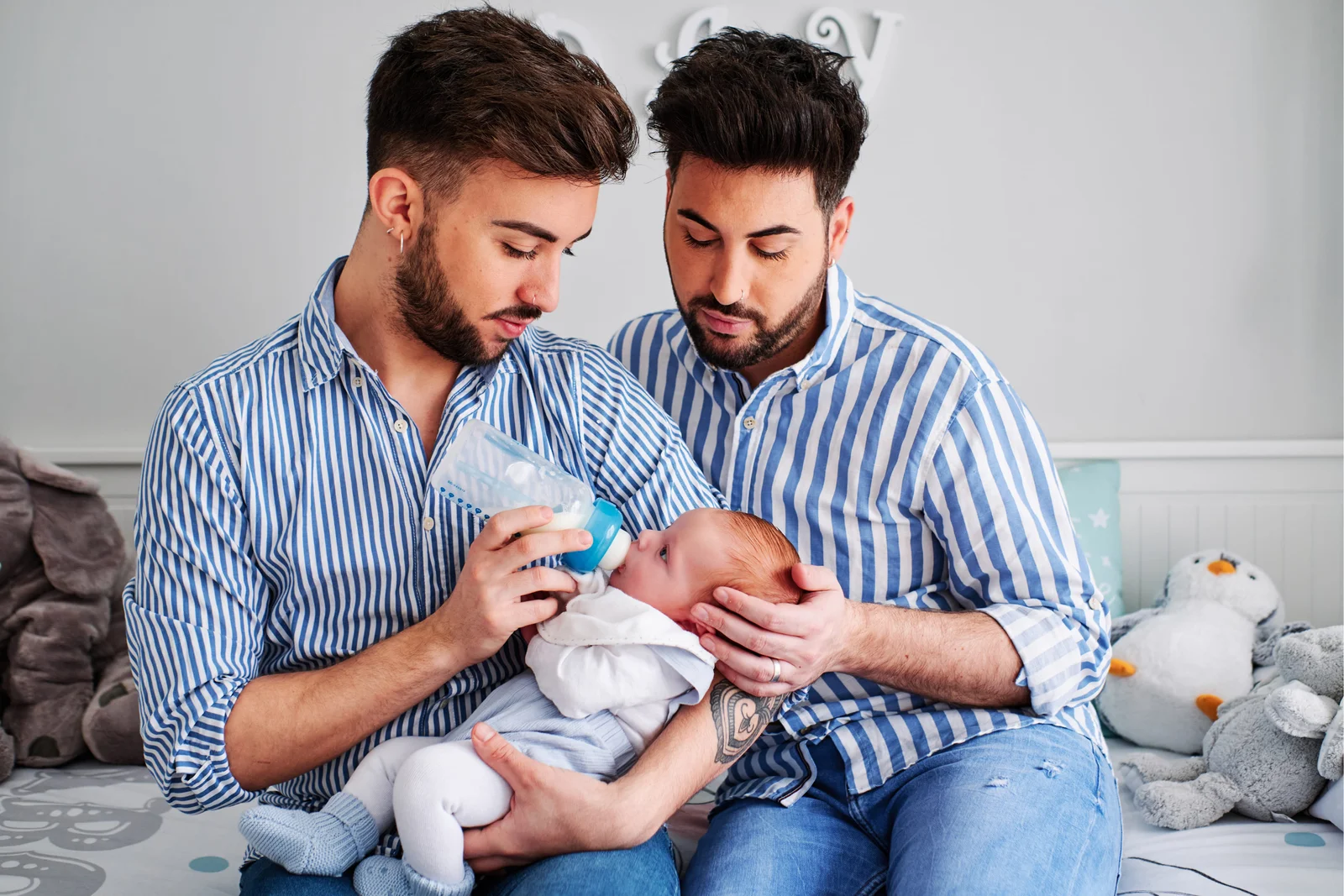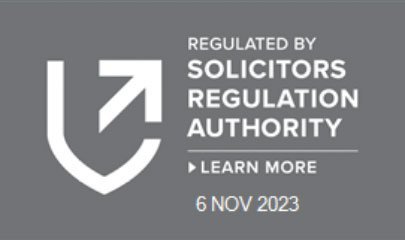A recent 2021 report from Nuffield on ‘Children’s Experience of Private Law Proceedings’ found that children felt largely unheard in proceedings and that their wishes, feelings and voices were often lost in the process. The report flagged that that the impact on children can last them into their adulthood.
The findings indicated that children want to engage more with the process and be involved in the decision making that affects every aspect of their day to day lives. This echoes what we hear from many of our clients and their children.
We explore how Child Inclusive Mediation can give older children a voice, how it can be used to resolve children matters outside of court and how it can benefit families who are already in proceedings.
What is Child Inclusive Mediation?
Child inclusive mediation can also be known as direct child consultation or child led mediation, and it is where a mediator meets directly with the child. Child inclusive mediators are specially trained to work with children and can assist by being a neutral party that can ascertain the child’s voice.
The specialist trained mediator will speak with the child independently, they may speak to the child with each of the parents individually and with both parents present. Both parents can be reassured that the mediator is not biased and that the child’s views are genuine and not parent led.
Who is child inclusive mediation suitable for?
The Voice of The Child Report 2015, commissioned by the Ministry of Justice, recommended that children aged 10 or over should have the opportunity to meet with the mediator.
The practice is best suited to secondary school aged children, that are mature enough to know their own minds and have their own reasonable opinions about the situation.
Both parents need to be willing to engage, and consent to the child engaging with the mediator.
What type of issues can be brought to child inclusive mediation?
The most common issues brought to this type of mediation are disputes around which parent a child may live with, how much time the child will spend with each parent, where a child will go to school. However, child inclusive mediation can help parents reach agreement over any issues relating to their children.
Who is child inclusive mediation NOT suitable for?
Child inclusive mediation is not suitable for children under the age of 10. It may cause significant stress for younger children to be put in that situation, but in certain exceptional circumstances it may be considered only with the agreement of both parents and the mediator.
Cases where there are significant safeguarding concerns, such as matters with domestic abuse and child welfare concerns, will not be suitable for child inclusive mediation.
When can child inclusive mediation be used?
Child inclusive mediation is incredibly flexible and can be used alongside other resolution methods.
Where parents are already in mediation and the mediator does not offer child led mediation, it is possible to engage a separate mediator and return once the child’s wishes have been gained.
Where parties are negotiating though solicitors and child arrangements are at an impasse, rather than engaging in lengthy and often expensive trial by correspondence, it can be helpful to gain insight into an older child’s views, which can help unlock the outstanding issues and move the family along.
When parents are engaged in court proceedings and it is not possible to obtain a CAFCASS Section 7 report, it may be possible to engage with child led mediation to bridge that gap. This would be far quicker than waiting on a CAFCASS section 7 report, which at present can take between 12-16 weeks. Child inclusive mediation can be a part of court proceedings with the agreement of both parents and the directions of a Judge. While the child’s view in the process is persuasive, it is worth noting that it is only one of the 7 points on the welfare check list that the court takes into consideration when making a determination in the best interests of a child.
Are there any other benefits?
When parents separate it triggers a period of significant change and adjustment for children, which is often beyond their control, and this can be highly stressful and upsetting for them. A key benefit is that the child can feel empowered and that they have some influence of the changing situations around them.
Child inclusive mediation is a child focused method of resolution that allows the child’s voice to be heard in a process where it would often be lost. The use of child inclusive mediation can help focus parents and create the foundations for a strong co-parenting relationship that can last for a child’s minority years.
Legal Advice
At Allard Bailey Family Law, we encourage parents to keep their children’s needs front and centre of every matter. We are experts at helping parents to resolve issues about their children. If you find yourself in need of assistance to divorce or separate in a way that makes your child’s needs the focus, please get in touch. Our specialist knowledge and proven results with child arrangements can help you to navigate through this difficult time.
If you would like to speak confidentially to our team of family solicitors you can call 020 7993 2936 to schedule an appointment or make a Contact Request here.




